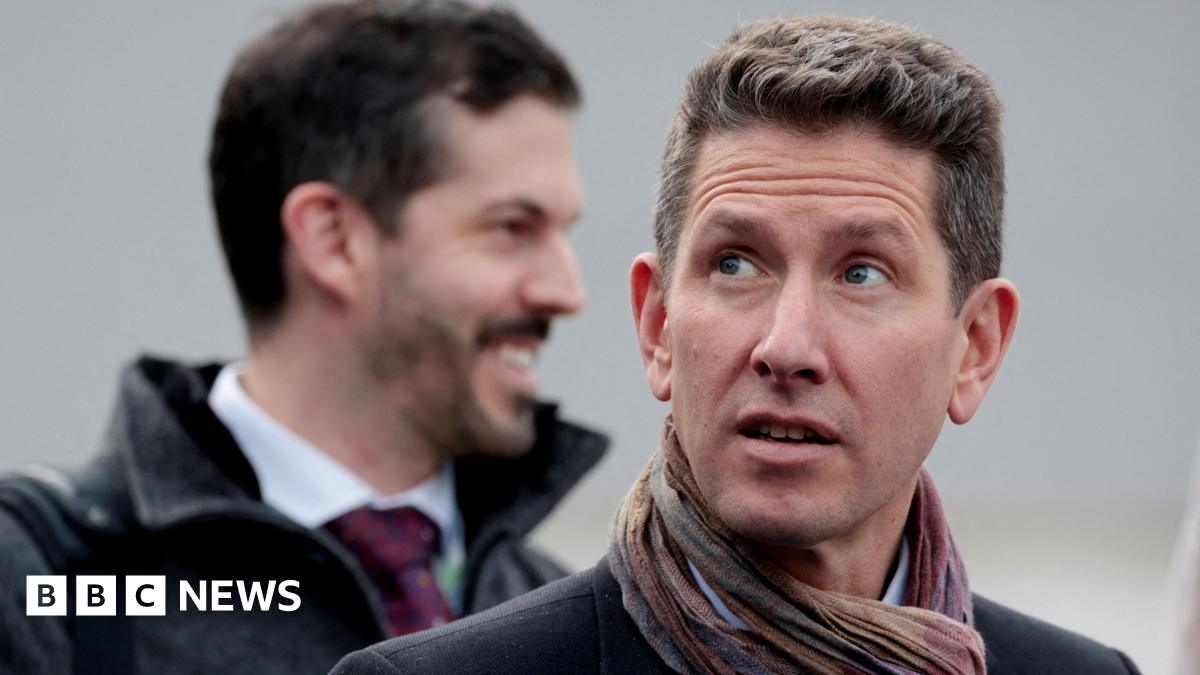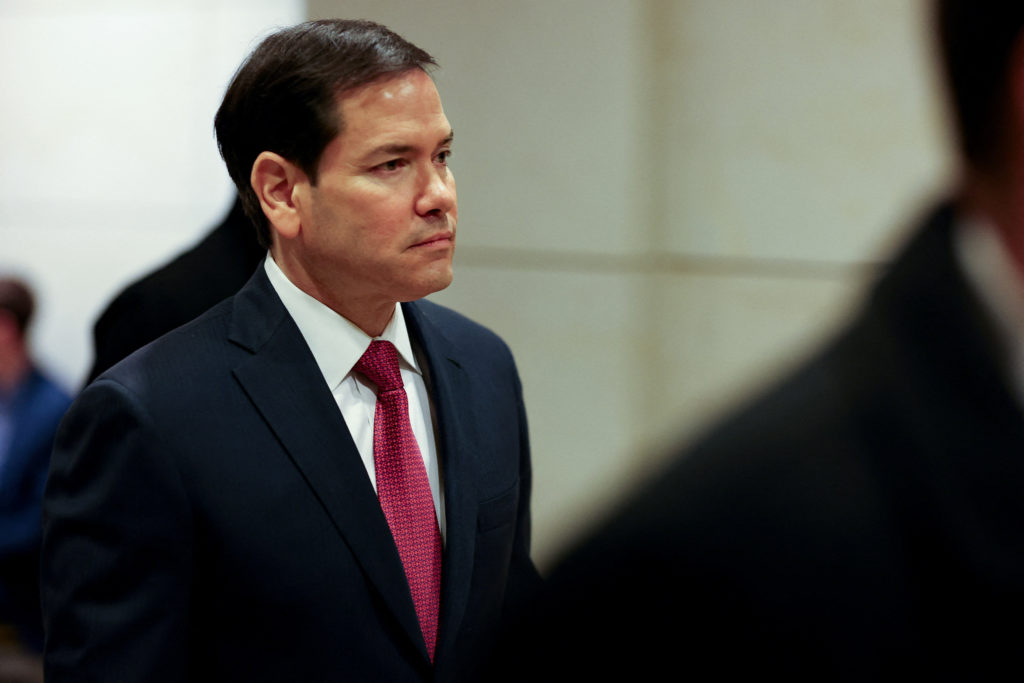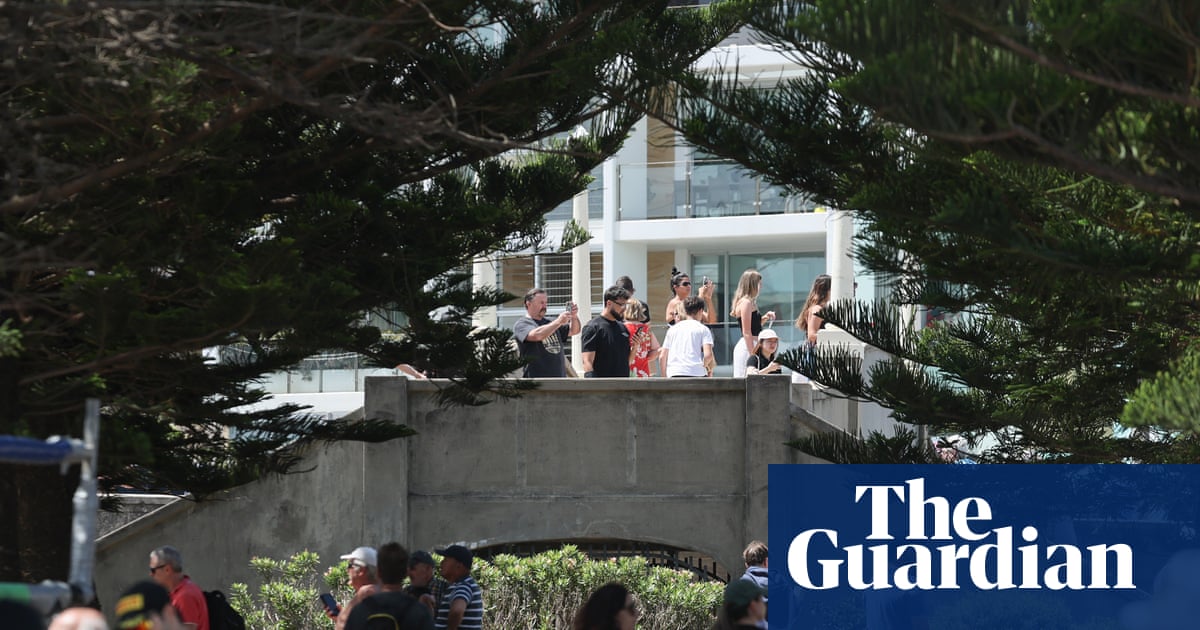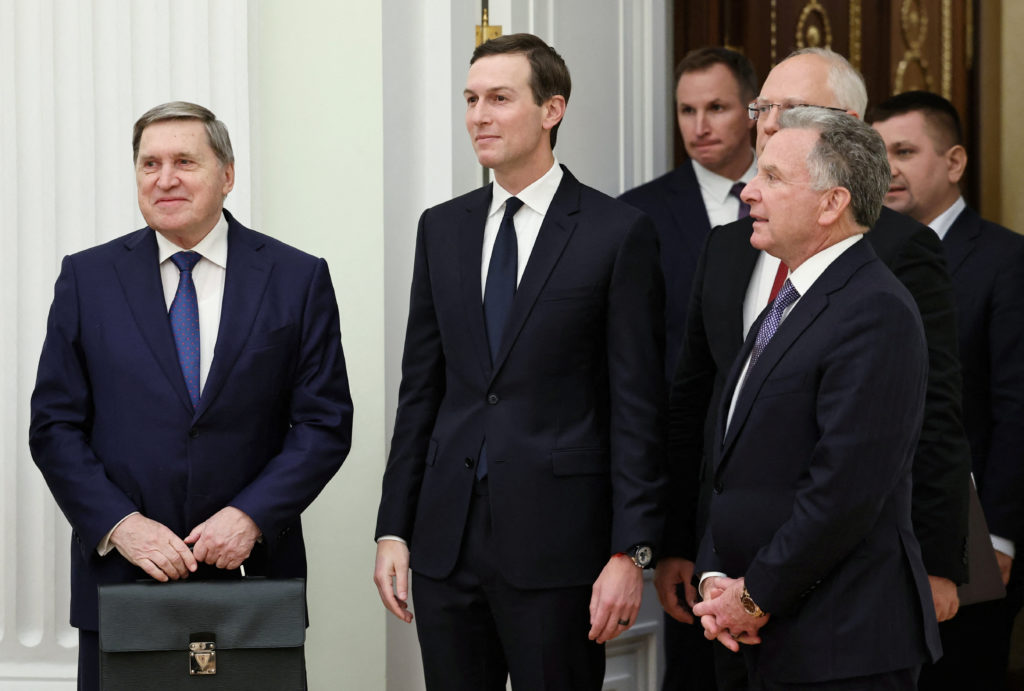A Kremlin envoy will travel to Florida to discuss a U.S.-proposed plan to end the war in Ukraine, a U.S. official said Thursday, part of the ongoing back-and-forth diplomacy as the Trump administration pushes for a potential…
Category: 2. World
-

Dr Christian Turner CMG appointed as His Majesty’s Ambassador to the United States of America
Dr Christian Turner CMG, one of the UK’s most experienced senior diplomats at the Foreign, Commonwealth & Development Office (FCDO), has been appointed His Majesty’s Ambassador to the United States of America.
His Majesty…
Continue Reading
-

Latin America swings to the right
Unlock the Editor’s Digest for free
Roula Khalaf, Editor of the FT, selects her favourite stories in this weekly newsletter.
Four years ago Chileans chose as their president a bearded, tattooed former student protest leader, promising social…
Continue Reading
-

French culture minister under investigation for corruption
Unlock the Editor’s Digest for free
Roula Khalaf, Editor of the FT, selects her favourite stories in this weekly newsletter.
French police have searched the home and offices of culture minister Rachida Dati as part of a corruption investigation,…
Continue Reading
-

Young Indian expat in UAE dies amidst torrential rains – Gulf News
- Young Indian expat in UAE dies amidst torrential rains Gulf News
- UAE confirms main wave of rains over; highest rainfall of 127mm in RAK Khaleej Times
- Heavy rain and thunderstorms hit UAE: Flights cancelled, road traffic disrupted Gulf News
- Dubai…
Continue Reading
-

UK names Christian Turner as US ambassador, replacing Peter Mandelson
Lord Mandelson has repeatedly said he regrets his relationship with Epstein, who died in jail in 2019 while awaiting trial on sex trafficking offences.
The Foreign Office said in a statement that King Charles had formally appointed Turner, and the…
Continue Reading
-

State Department announces $10 billion-plus arms sales package to Taiwan, angering China
WASHINGTON (AP) — President Donald Trump’s administration has announced a massive package of arms sales to Taiwan valued at more than $10 billion that includes medium-range missiles, howitzers and drones, drawing an angry…
Continue Reading
-

‘I knew I had to come here’: emotional scenes as footbridge used to carry out Bondi terror attack reopens | Bondi beach terror attack
When the crime scene of Bondi’s devastating mass shooting was reopened to the public on Thursday morning, Noah felt no hesitation in what to do.
The close friend of slain Rabbi Eli Schlanger went straight to the footbridge where two alleged…
Continue Reading
-
Crow Calls on Trump Administration to Stop Unfair Targeting of Afghan Nationals
WASHINGTON — Congressman Jason Crow (D-CO-06), a former paratrooper and Army Ranger who served three combat tours in Iraq and Afghanistan, is calling on the Trump administration to stop pushing divisive policies that unfairly target Afghan…
Continue Reading
-
USG DiCarlo briefs Security Council on Syria’s transition, security challenges, and path toward reconciliation – ReliefWeb
- USG DiCarlo briefs Security Council on Syria’s transition, security challenges, and path toward reconciliation ReliefWeb
- UN officials call for continued global support for Syria’s ‘fragile’ transition TRT World
- One year after Bashar Al-Assad’s…
Continue Reading
